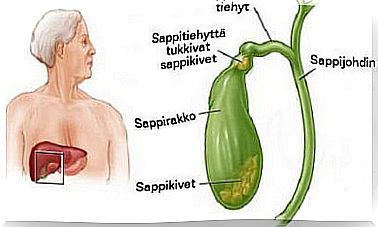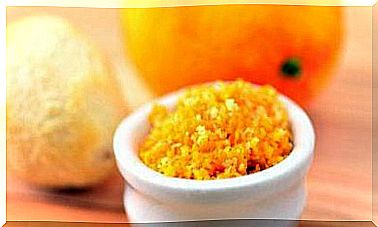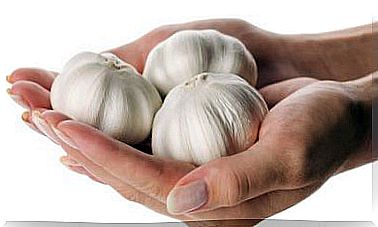Sodium Caseinate: What It Is And What It Is Used For

You may have already heard of sodium caseinate. If you do not yet know what sodium caseinate is, it is an ingredient derived from milk protein. But do you know what it is used for? We will tell you more about sodium caseinate in this article.
Sodium caseinate is derived from caseinate, i.e. it has a high biological value. Its use as an additive is quite popular in the food industry as it converts and gives structure to several foods.
What is Sodium Caseinate?
Casein is the main protein in cow’s milk, accounting for 80% of the total protein. Sodium caseinate must therefore be chemically separated.
Usually this is done by using special enzymes or by adding an acidic substance such as lemon juice or vinegar. This is to reduce acidity and form a rennet. Thus, separating the liquid and adding sodium hydroxide gives this salt.
Features
Almost 90% by weight of sodium caseinate is protein. It has all the essential amino acids from which its high biological value and nutritional content comes. It also stands out because of its functional properties: it has the ability to retain fluid, form gels, emulsify fats and stabilize substances.

Sodium caseinate: what it is used for
In the food industry, sodium caseinate is used to make products that require fat, such as desserts. This is due to its properties, in particular its ability to form stable emulsions. Indeed, this salt has proven to be an interesting alternative in the production of healthy food, as stated in the study Gelificación de Emulsiones de Caseinato de Sodio Como Alternativa a las Grasas Trans .
Sodium caseinate has many uses in a variety of foods, including cheese-flavored snacks, margarine, muesli bars, processed meats, chocolate, coffee cream, ice cream, bread, and protein powder.
Salt is also an anti-catabolic product, meaning it prevents muscle breakdown. It is therefore ideal for strict diets or during nocturnal and other fasts to prevent loss of muscle mass. In this sense, it is of great help to physically active people who are on a diet or want to make their muscles stand out – not only because it helps form new muscle fibers, but also because it gives satiety.
This substance is commonly found in processed food and is also used to modify the composition and chemical stability of a number of different products; examples are medicines, make-up and hygiene products.
Barriers to use
Sodium caseinate is usually safe for most people, but some need to avoid it. Namely, several studies suggest that casein can cause allergies due to its significant anti-inflammatory ability.
Casein allergies
Sometimes the immune system recognizes sodium caseinate as a harmful substance and releases histamine to destroy it. The exact manifestations of an allergic reaction vary from person to person, but may include the following symptoms, for example:
- Nasal congestion and increased mucus secretion
- Itchy eyes
- Abdominal pain, abdominal cramps and diarrhea
Kidney damage
Casein reduces kidney function, which in turn increases the acidity produced by metabolism. A study in rats showed that in individuals who followed a diet rich in this protein and its derivatives, renal filtration gradually deteriorated.
However, it is clarified that moderate casein consumption in people with healthy organs does not usually lead to health problems.

Sodium caseinate and vegans
Sodium caseinate is derived from cow’s milk, so it is not suitable for people who follow a dairy-free or vegan diet. Processed foods that contain it are usually coffee products sold in bottles, dairy cheeses, and muesli bars. Always read the nutritional content of products if you have any doubts.
Finally
Sodium caseinate therefore has many uses in industrially produced foods due to its numerous properties. And because it is a compound of high biological value, it can be a good supplement for people looking to gain more muscle mass. Before incorporating it into your regular diet, you should, of course, check with a professional that there are no barriers to using it for you.









